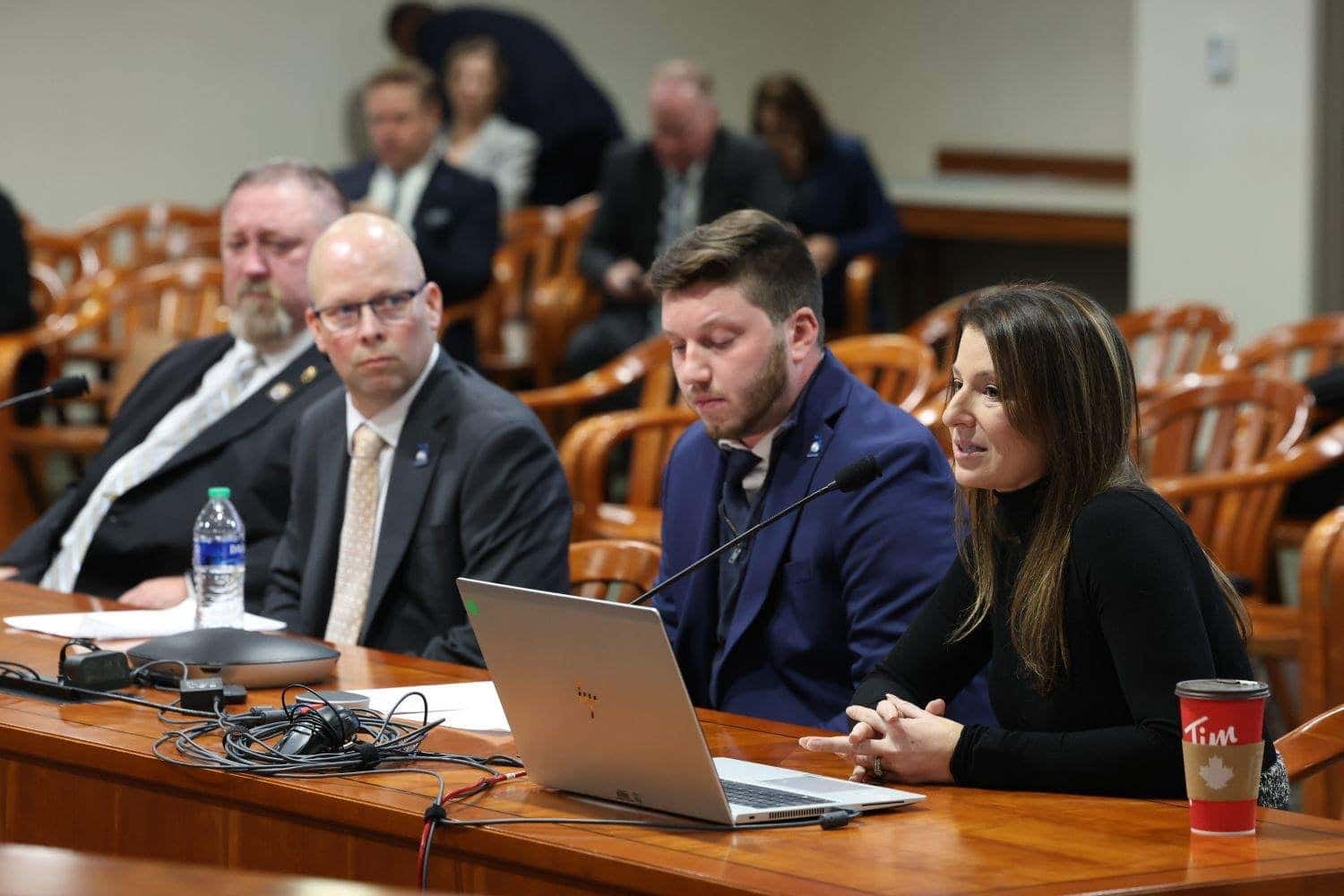Michigan leads the nation in clean energy projects, creates jobs and reduces costs with federal funds

Michigan is leading the clean energy revolution, fueled by the transformative power of the Biden-Harris administration’s Inflation Reduction Act (IRA). Climate Power’s latest report highlights Michigan leading the nation in clean energy projects and electric vehicle manufacturing, thanks to over $25 billion in new investments. This funding boost is driving job creation, increasing middle-class incomes, and lowering energy costs for families and businesses across the state.
Governor Gretchen Whitmer has been outspoken about the state’s progress, attributing Michigan’s success to the Biden administration’s collaboration and the tireless efforts of the state’s congressional delegation. “Michigan has landed more clean energy projects than any other state as a direct result of the Biden-Harris administration’s Inflation Reduction Act,” Whitmer said. “These projects aren’t just numbers on a report; they represent tens of thousands of good-paying new jobs, lower costs for families, and a significant step toward protecting our environment. With our new 100% clean energy by 2040 standard, we are committed to a better, cleaner, more sustainable future.”
Congressman Dan Kildee echoed that sentiment, emphasizing the tangible benefits for Central Michigan. “I’m proud to have helped pass new legislation that invests in our clean energy future and creates good-paying, union jobs,” Kildee said. “These investments bring clean energy production back to Michigan, advance technology and secure a better future for our communities.”
Congresswoman Debbie Dingell highlighted Michigan’s historic role in automotive innovation and its current leadership in clean energy. “Michigan put the world on wheels, and now we’re leading the country in ushering in a new era of transportation and clean energy,” Dingell said. “We’re working tirelessly to ensure these investments advance a sustainable future in Michigan.”
The IRA’s impact on job creation and advanced manufacturing is profound, with 173 new battery production sites, 137 new or expanded electric vehicle manufacturing facilities, and 166 solar and wind power plants planned nationwide. In Michigan alone, that will add 21,490 new jobs, a testament to the state’s aggressive pursuit of clean energy projects.
Zachary Kolodin, chief infrastructure officer and director of the Michigan Infrastructure Office, emphasized the importance of these initiatives to the community. “Michigan takes every opportunity to secure federal funding for projects that will benefit Michiganders today and in the future,” Kolodin said. “Our leadership in securing Inflation Reduction Act funds is a testament to the state’s creativity, collaboration and tireless commitment to fostering partnerships. These efforts are critical to advancing projects that improve the quality of life for our residents, modernize Michigan’s infrastructure and create middle-class jobs.”
Passed in 2022, the IRA represents the largest climate and energy investment in American history. Its goals include addressing the climate crisis, advancing environmental justice, creating clean energy jobs, and positioning the United States as a global leader in clean energy production. Michigan has been a significant beneficiary of this legislation, with billions of dollars pouring into the state to protect public health, secure natural resources, and accelerate the transition to clean energy.
Notable IRA-funded projects in Michigan include a $1.5 billion investment from the U.S. Department of Energy to restart the Palisades Nuclear Generating Station in southwest Michigan, $156 million from the U.S. Environmental Protection Agency for the MI Solar for All program, and $50 million to Nel Hydrogen to support a clean energy facility in metro Detroit.
Phil Roos, director of the Michigan Department of Environment, Great Lakes and Energy, emphasized the state’s forward momentum. “To create a future where Michiganders can grow and thrive, we must prioritize our natural resources, confront climate change head-on and invest in clean energy solutions,” Roos said. “The Inflation Reduction Act, coupled with Governor Whitmer’s landmark clean energy legislation and the MI Healthy Climate Plan, has enabled Michigan to make significant progress. By leveraging the opportunities available through federal funding, we are protecting our environment and paving the way for a more prosperous, sustainable future.”
Michigan has also created the Make it in Michigan Competitiveness Fund, a state resource pool designed to unlock state-supported investments from the IRA, the Bipartisan Infrastructure Law, and the CHIPS and Science Act. This fund supports projects in infrastructure, mobility, electrification, climate, economic development, health, and public safety.
Quentin L. Messer, Jr., CEO of the Michigan Economic Development Corporation, emphasized the broad benefits of these investments. “Michigan is proud to capitalize on the job-creating opportunities created by federal policy that will benefit current and future residents, businesses of all sizes, and our vibrant communities,” Messer said. “Our relentless commitment to capitalize on these investments will make Michigan the leading location for advanced manufacturing and create a robust economy where everyone can ‘Make it in Michigan’ in a climate-sustainable way for generations to come.”
For more information on how federal funds are invested in improving Michigan’s infrastructure, visit michigan.gov/whitmer/issues/michigan-infrastructure-office.



